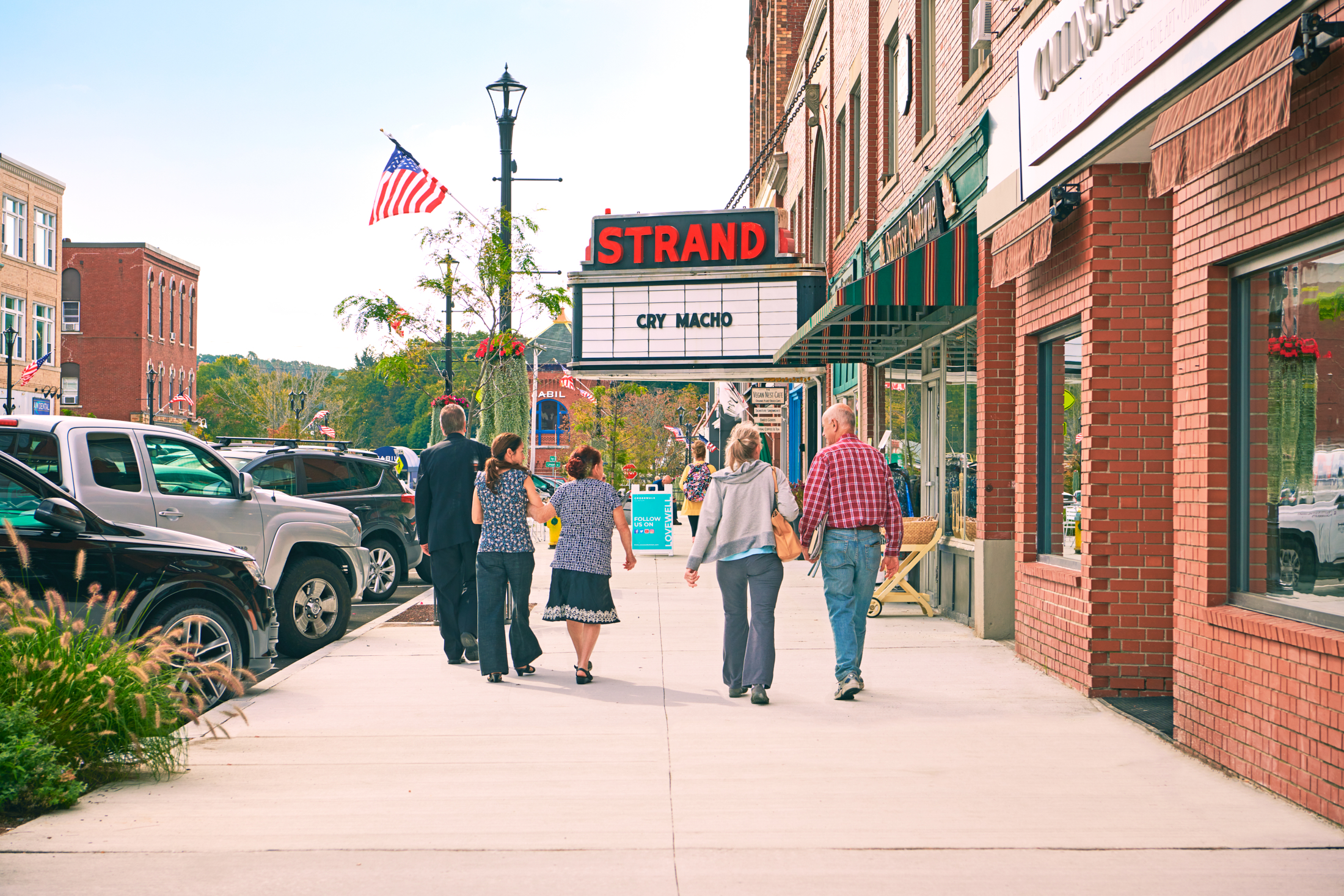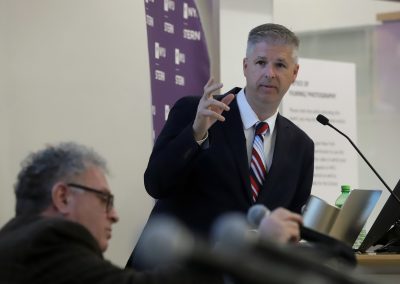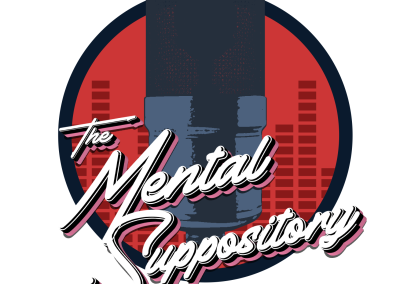Say Yes to Skyrocketing Taxes
Courtesy of M the Media Project
Our work happens at the fascinating intersections in our economic lives: work, the community, and the physical spaces we all choose to inhabit.
This demands of us that we understand orchestration; how multiple disciplines, human behavior, space restrictions, etc. work together to create the world we all call reality. What we’re trying to do at SMGraves Associates is prove out alternatives to that reality.
For some time it has become clear to me that there exists a disconnect that is preventing so many of our communities from launching into their own version of a new reality.
We’re not focused on organic growth of municipal revenues.
Our culture has refined the notion that taxes are bad and that attention needs to be paid to reducing or eliminating taxes. Abstractly, we’re convinced this will lead to greater outcomes that we expect to see at the local level. Schools are better funded. Businesses start to grow. Residents’ property taxes level off or get reduced.
More than any other way to describe it, this is a cultural problem.
But it’s leading to a very economic problem. At the same time it has been ingrained in much of our population that taxes are bad and government is the problem, manufacturing and other middle-class career options have been eliminated and with them, communities rural and urban have less and less opportunity to balance out their municipal revenue needs (from taxation) through commercial property taxes.
The environment created means as there is less and less commercial property tax opportunity in a community, the money required to meet minimum requirements will increasingly be accessed through increasing residential property taxes. Exacerbating the issue is the fact that, as commercial opportunities leave town so do the community’s youth seeking work elsewhere. The population of fixed-income people, retirees and those who cannot leave for economic reasons becomes a higher percentage of the population. They are the least capable of absorbing tax increases. The spiral accelerates as defaults increase.
We’ve made this worse by encouraging our planning, community, and economic development people to give away tax incentives, poaching companies from other communities and generally doing very little that would place the community on a long-term trajectory towards economic prosperity.
Now, for the good news: the solution is relatively simple, easy to understand and can begin virtually overnight.
We must allow our municipal planners, economic developers and leaders focus on municipal tax revenue like we focus on revenue in our small businesses.
This requires a focus on organic (read into this new) commercial tax growth. This effort should begin with a close examination of the available real estate (both privately and publicly-owned) and a clear sense for the public’s desire (through robust public engagement): Where and how do they desire the development of attractive and viable commercial spaces and for what purposes. Businesses that are home-grown with citizens already in place should be given priority.
When in the throes of committee meetings, televised hearings and grant-writing sessions our professionals often lose sight of the following: If we were to place back online existing underutilized commercial spaces that would otherwise be viable, we’d be creating new business to retain our talent while increasing tax revenue without subsidies, grants and other temporary fixes. Our residents tax liability would reduce, placing fixed income or low-wage workers in a better position to create stability in their own homes.
Nothing replaces revenue. No amount of cutting budgets will ever lead to a community’s prosperity.
If proper attention is paid to creating live/work neighborhoods that respond to the desires of homeowners and small businesses alike and a push away from suburban development, a community’s track on the upward wave may accelerate even better.
I’m not advocating for a one-size fits-all solution. No magic pill should be searched for within my premise. My message is clear and it is simple: Revenue should not be a dirty word for municipalities and their tax-paying citizens. Done the right way, we all benefit and live in more vibrant and equitable communities.


Article Series
Podcasts
Video Channels
News Features
SMG’s ‘Are We Here Yet’?

Interested in advertising with us? Perhaps you want a unique way to support the economic development work we accomplish while getting access to our intelligent and informed listeners? Join our roster of supporters. Click that button below to find out more.
Get In Touch
Phone: 978-884-6596
Get In Touch
Phone: 978-884-6596
Get In Touch
Phone: 978-884-6596
Get In Touch
Phone: 978-884-6596
Get In Touch
Phone: 978-884-6596
Get In Touch
Phone: 978-884-6596
© 2021 SM Graves Associates • Website Designed and Developed by inConcert Web Solutions • Site Map
Get In Touch
Phone: 978-884-6596
© 2021 SM Graves Associates • Website Designed and Developed by inConcert Web Solutions • Site Map
Get In Touch
Phone: 978-884-6596
Get In Touch
Phone: 978-884-6596
© 2021 SM Graves Associates • Website Designed and Developed by inConcert Web Solutions • Site Map








